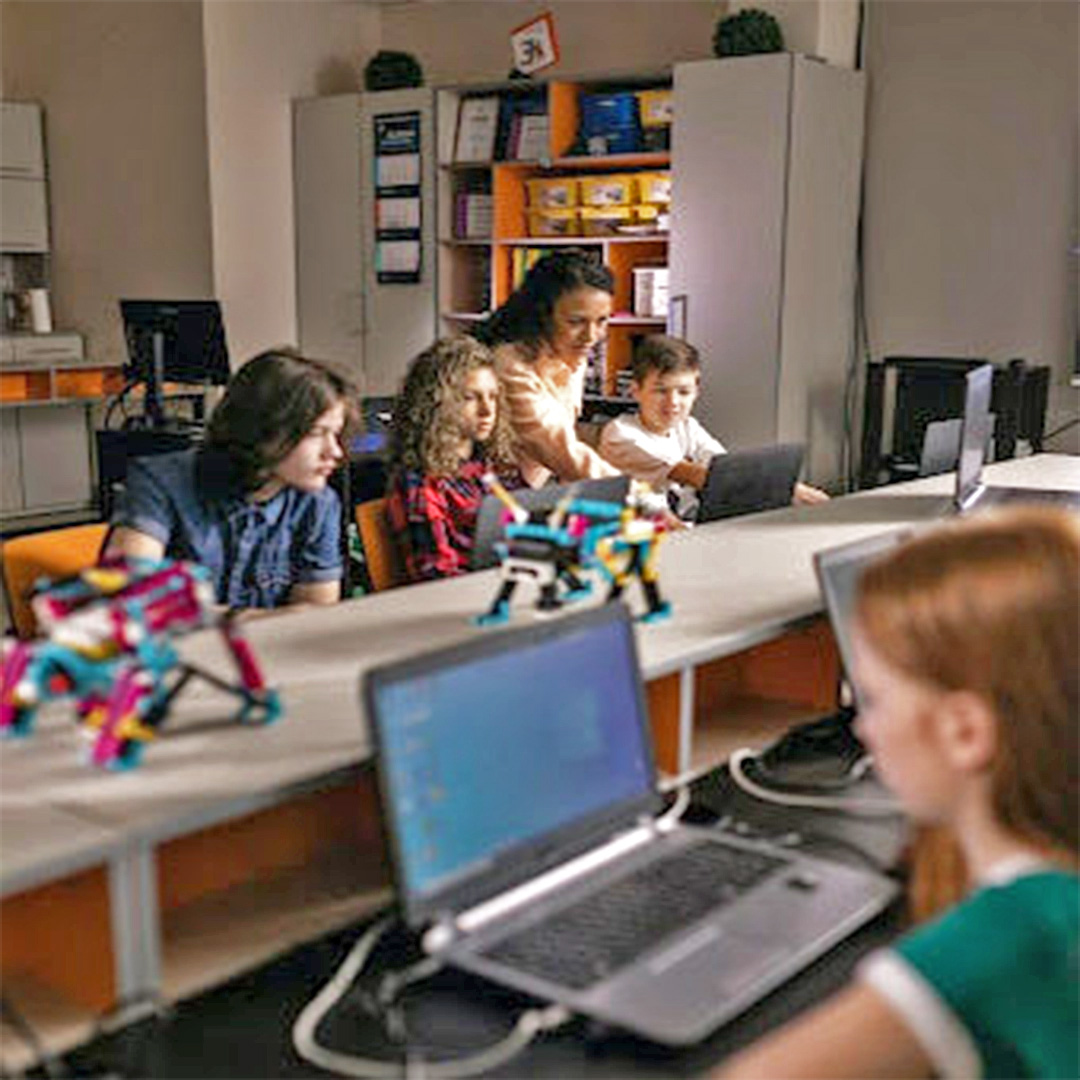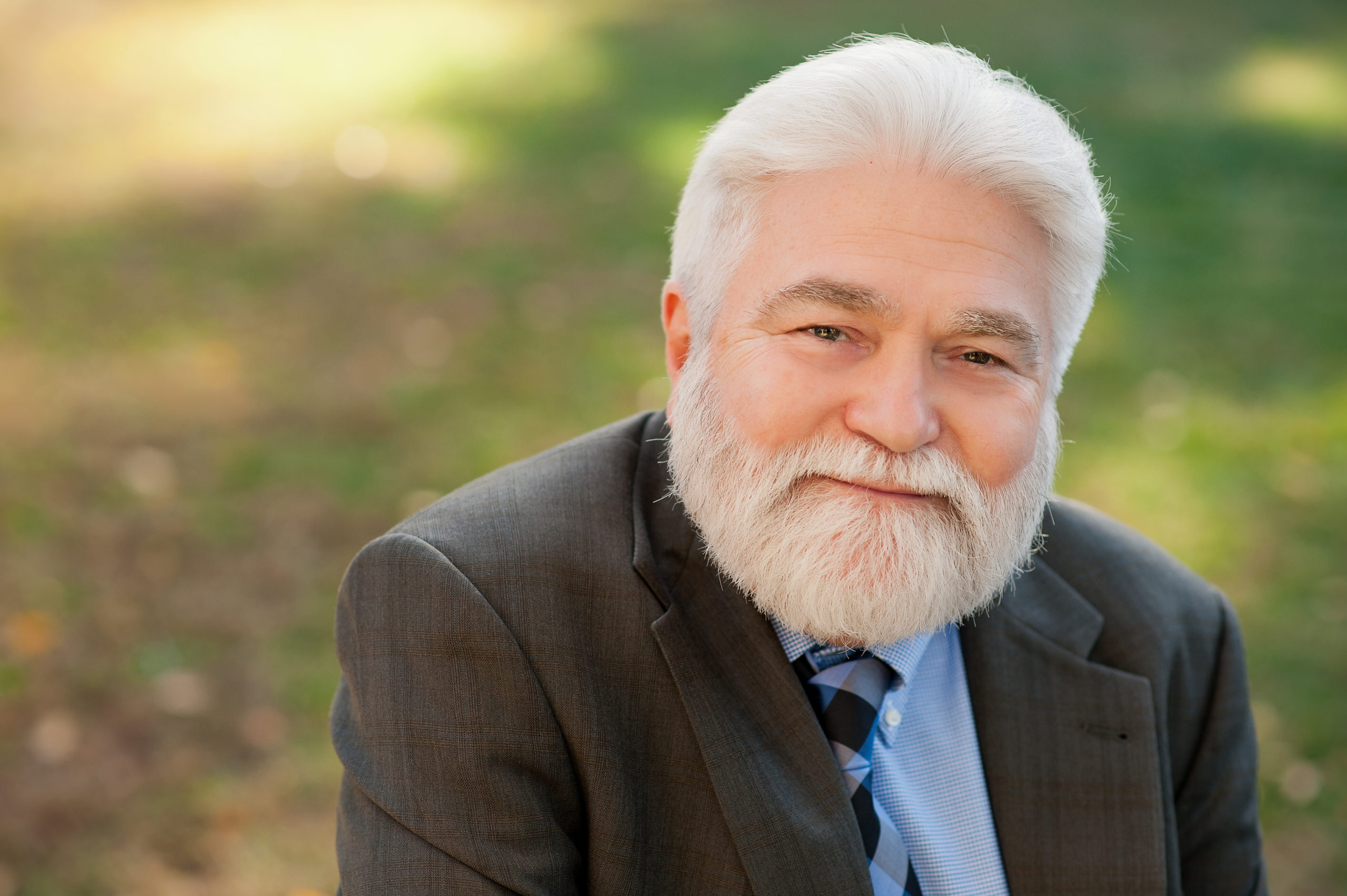Professional Learning for CS Educators
Our experience with K12 Computer Science began with Seymour Papert and the Logo language in the 1970’s
Take Computer Science Education to the Next Level

Demand for educators qualified to teach computer science (computational thinking, coding, high tech making, artificial intelligence, data science, and robotics) has never been higher.
Our approach emphasizes student empowerment, diversity, equity, and inclusion. Our innovative project ideas and resources motivate students with challenging, hands-on, minds-on activities that foster creativity and higher order thinking.
Teach students problem-solving skills that transcend disciplinary boundaries. Our offerings share what we have learned through many years of experience.
Empower Computer Science Teachers
Needs vary across grades and experience. Whether you are just getting started with an “hour of code” or delivering AP Computer Science in Java, we are here to help. Common topics we offer include:
Python, Java, C, JavaScript
BBC micro:bit, Raspberry Pi, Arduino, Robotics
Bring Computational Thinking to Next Generation Science [NGSS] and STEAM
Symbolic Approaches, Machine Learning, Computers in Society, Ethics
Professional Learning Offerings
- Workshops for educators, customizable to grade levels and experience
- Assistance creating lesson plans aligned with State, CSTA, ISTE, and NGSS standards
Create Lasting Change
- Apply your knowledge and skills in the classroom
- Establish professional learning communities
- Facilitate online follow-up sessions
- Support lifelong learning with 1:1 consultations

Teaching at Northeastern
Learningtech.org’s founder, Mark Miller, serves as a part-time faculty member at the Silicon Valley campus of Northeastern University. He is part of ALIGN, a unique program enabling students with backgrounds outside of Computer Science, to transition to the field and earn a Master’s degree. These videos help tell the story.
Think Like a Computer Scientist
Computing transforms how we learn and think about the world. This one-hour presentation offers a deep dive into the rationale for integrating Artificial Intelligence and Computer Science into the education of all K12 students.
Our approach builds on a rich tradition that began with Logo
- Logo was conceived over 5 decades ago, becoming the first computer language designed specifically for children
- It was created at MIT and BBN by Seymour Papert, Wally Feurzeig, Danny Bobrow and Cynthia Solomon
- Logo was a precursor to modern CS education tools such as Scratch
- Dr. Miller contributed to versions of Logo and wrote his dissertation on how children learn planning and debugging
Key Aspects of Our Approach
- Bringing the Logo vision to modern tools
- Crossing disciplinary boundaries, to include language arts, music, graphics, animation, storytelling, geometry, robotics, physical computing, and making
- Focusing on computational thinking
- Emphasizing authentic, project-based learning
- To learn more:


